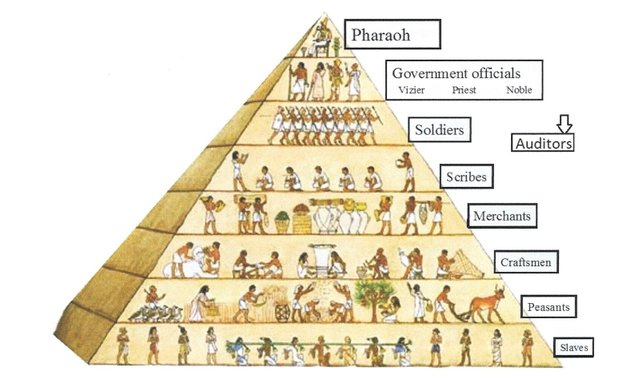Multi-Level Democracy Takes Away The Connection Between The Will Of Voters And Decision Making
In the US, the House of Representatives is elected by a "First Past The Post" system, where whoever gets the most votes wins. So to ensure a majority in the House you only need a slight majority in a slight majority of the seats, or a 50% majority in 50% of the seats. Or in other words, you only need 25% of the vote - allocated correctly - to guarantee a majority in the House. Even Ranked Choice Voting doesn't change this, you can still win with a simple majority of a majority, completely ignoring 75% of votes cast. (BTW the solution to this is Proportional Representation systems
Now, let's say that instead of the House members being elected by popular vote, each district was split up into "Electoral Districts", each casting one vote in the election of the Representative. Each of those "districts within a district" is elected by popular vote, you can ensure victory with a majority. That means you could win a House district with only a majority of Electoral districts, which each are elected by a majority of the popular vote. And since you only need a majority to control the House, that means you only need 1/21/21/2 of the popular vote to ensure victory, or 1/8. With each additional layer, this number is halved again. This in turn also means that with 3 layers, even if 7/8 of voters unite for or against an ideology, you can still lose the election just because the voters happen to live in the wrong places.
You may ask yourself why I'm telling you all this, after all nobody in their right mind would ever actually implement such a backwards system with many layers because each layer basically reduces the statistical correlation between the will of voters and policy. I probably don't have to tell you this, but turns out there are people out there who actually want exactly that: A system where the will of voters has little to no influence on policy. Usually though, they don't divide districts into smaller electoral districts, but instead let the people elect representatives at the lowest level to elect people on the higher level, who elect people at the higher level etc. This ensures that power differences is what actually shapes policy, which those delegates have to bow to or likely be punished, and not popular will.

China for example has a national parliament elected by a lower tier of parliaments, elected by a lower tier of parliaments, etc, with 5 levels in total. That means even without taking power politics into account, 96.9% of people could be a against a certain ideology (here Chinese Communism), and yet it is still implemented.
The same system is used in many political parties across the world, even in supposedly "democratic" parties in for example Europe or the Americas. The SPD in Germany (currently in government) has 4 levels, and yet they still that system "Base Democracy", the DNC and RNC (Committee) members in the US largely don't even have much of a real basis of popular vote in many ways, as "superdelegates" in the Democratic Party for example have a considerable share of the vote.
Putting more layers between the voter and decision making results in less control by the people, which means petty power plays between politicians will be what actually makes the decisions in that organization.
Congratulations @politikhos! You have completed the following achievement on the Steem blockchain and have been rewarded with new badge(s) :
Click here to view your Board
If you no longer want to receive notifications, reply to this comment with the word
STOPTo support your work, I also upvoted your post!